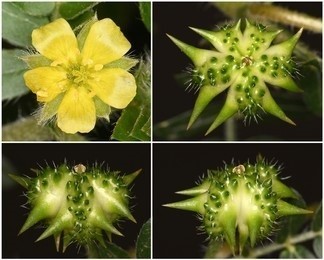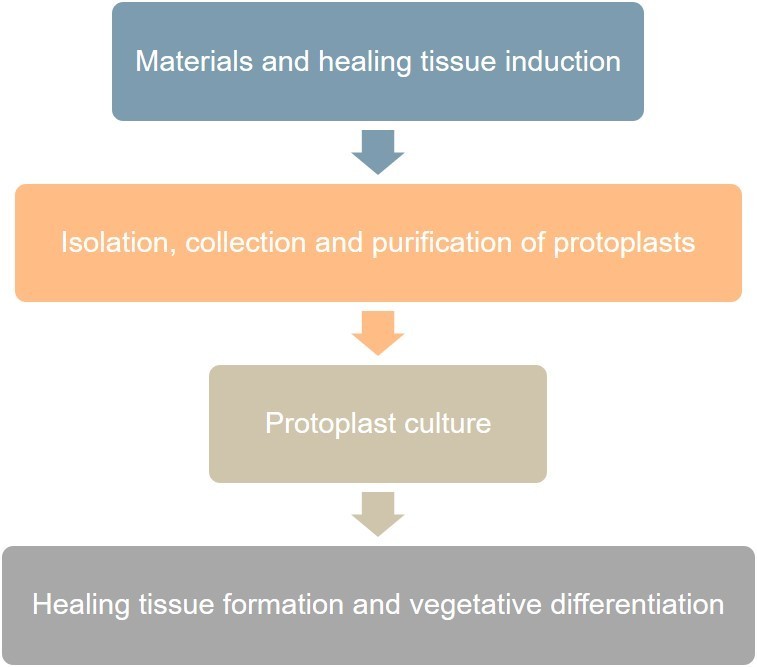Zygophyllaceae Plant Tissue Culture
The Zygophyllaceae family has about 27 genera and 350 species worldwide, mainly in Asia, Africa, Europe, and Australia. The plants of this family are rich in resources and are valuable for in-depth research.

- Individual species of plants in the genus Tribulus contain steroidal saponins, which have been developed as cardiovascular drugs and sex drugs.
- The genus Zygophyllum contains about 15 species of plants and has a variety of important resource plants.
- The genus Nitraria contains five species of plants, all of which are thorny shrubs, some of which are good sand-fixing plants, and the fruits are edible.
- The genus Tetraena is a single species-genus of dry dwarf shrubs.
- Peganum genus has three species, all of which are medicinal plants, rich in alkaloids and used to treat cancers of the digestive tract, etc.
Tissue culture service
Some plants in the Zygophyllaceae family are mainly propagated by seeds, which have low germination rates and irregular germination, and seed propagation is prone to interspecific variation and intergenerational degeneration. Lifeasible used tissue culture rapid propagation technology to obtain high-quality, neat Zygophyllaceae seedlings, and the use of our system allows for the rational exploitation and sustainable use of Zygophyllaceae plant resources.
- Peganum harmala L.
- Tribulus terrestris
- Nitraria tangutorum
- Nitraria sibirica Pall.
- Zygophyllun xanthoxyun (Bunge) Maxim.
- Tetraena mongolica Maxim
Protoplast culture is the basis of genetic engineering, so we have also established a protoplast culture system isolated from healing tissues, and tissue culture of some Zygophyllaceae plants with leaves, stem segments, and hypocotyls of sterile seedlings as explants, and a high-frequency regeneration system.
 Figure 1. Protoplast culture system isolated from healing tissues.
Figure 1. Protoplast culture system isolated from healing tissues.
Lifeasible used Zygophyllaceae plant healing tissues as the material for isolating protoplasts, because the healing tissues are easy to obtain, not limited by time and season, and can be supplied year-round, thus also ensuring the material supply for the high-frequency regeneration system we established.
Plant protoplasts can be induced to fuse and bypass the sexual incompatibility barrier because there is no barrier to the cell wall. Therefore, our established regeneration system for Zygophyllaceae plants can be used for distant interspecific somatic hybridization and as an ideal recipient for genetic engineering studies.
You want to sign a confidentiality agreement.
You have a specific plant species for your experimental needs.
You have a reliable and relevant cooperation project to discuss.
You are very interested in our project or have any questions.
You need an updated and detailed quotation.
For research or industrial use.


 Figure 1. Protoplast culture system isolated from healing tissues.
Figure 1. Protoplast culture system isolated from healing tissues. 
